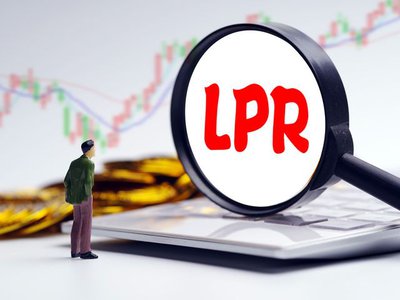Bloomberg recently reported shares for Enova International Inc. have more than doubled to date with Curo Group Holdings Corp. has seen a 64 percent increase.
The new financing products still come with the particularly high-interest rates as the payday loans; they just don’t have the same stringent regulations as they do because of their size, length and structure.
David Fisher, Enova CEO, said a tremendous effort has been made in the last five years to expand the company. He said diversification was carried out to increase the regulatory exposure.
Payday lenders have experienced major criticism from many consumer advocates in the last few years. Former head of the Consumer Financial Protection Bureau Richard Cordray also began efforts to get control over the industry.
For a four-year period – from 2012 to 2016, the industry saw revenue of $9.2 billion to $6 billion. The short-term installment lending revenue saw a rise to $6.5 billion.
However, both Curo and Enova said most of their revenue is being generated from the financial products, not payday loans. Envoa, for example, offers a line of credit and installment loans while Curo provides installment loans and dabbles in money-transferring, check-cashing and gold-buying.
When Curo decided to go public, it had a value of $620 million.
Enova said it saw its revenue for short-term single payment loans decline 22 percent from 2008’s 99 percent. 10 years ago, Curo introduced short-term installment loans – today, only 28 percent of the revenue is from these types of loans.






